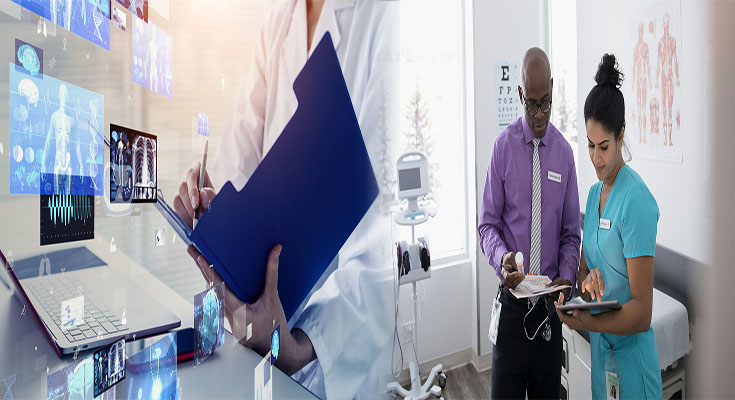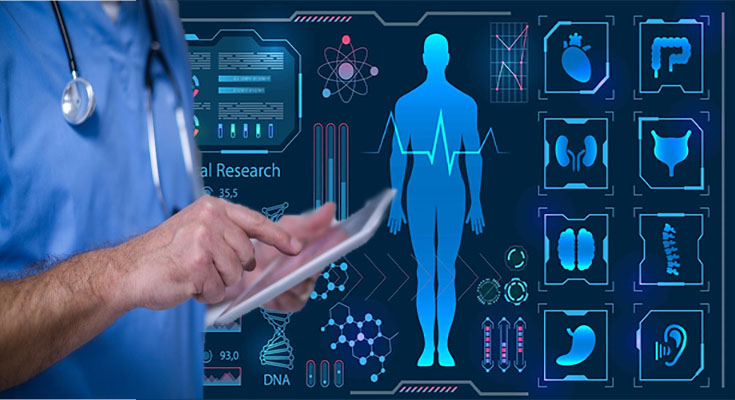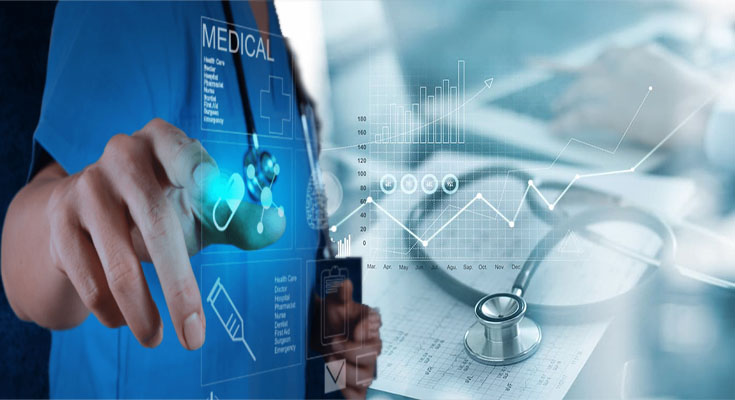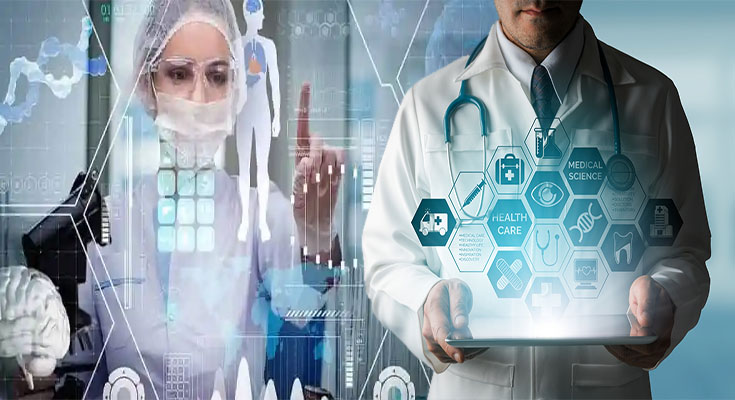
The Impact of Electronic Health Records on Healthcare Efficiency
In the fast-paced and ever-evolving healthcare industry, the adoption of electronic health records (EHRs) has emerged as a game-changer in improving efficiency, quality of care, and patient outcomes. This article delves into the significant impact of electronic health records on healthcare efficiency and how they have revolutionized the way healthcare providers manage patient information and deliver services.
Streamlined Information Management
One of the key impacts of electronic health records on healthcare efficiency is the streamlined management of patient information. EHRs allow healthcare providers to digitize and consolidate patient medical records, including medical history, test results, medications, and treatment plans, in a centralized and secure electronic format. This centralized access to comprehensive patient data eliminates the need for manual record-keeping, repetitive data entry, and paper-based documentation, leading to significant time savings and increased efficiency in managing patient information.
Improved Care Coordination
Electronic health records facilitate seamless communication and collaboration among healthcare …
The Impact of Electronic Health Records on Healthcare Efficiency Read More




